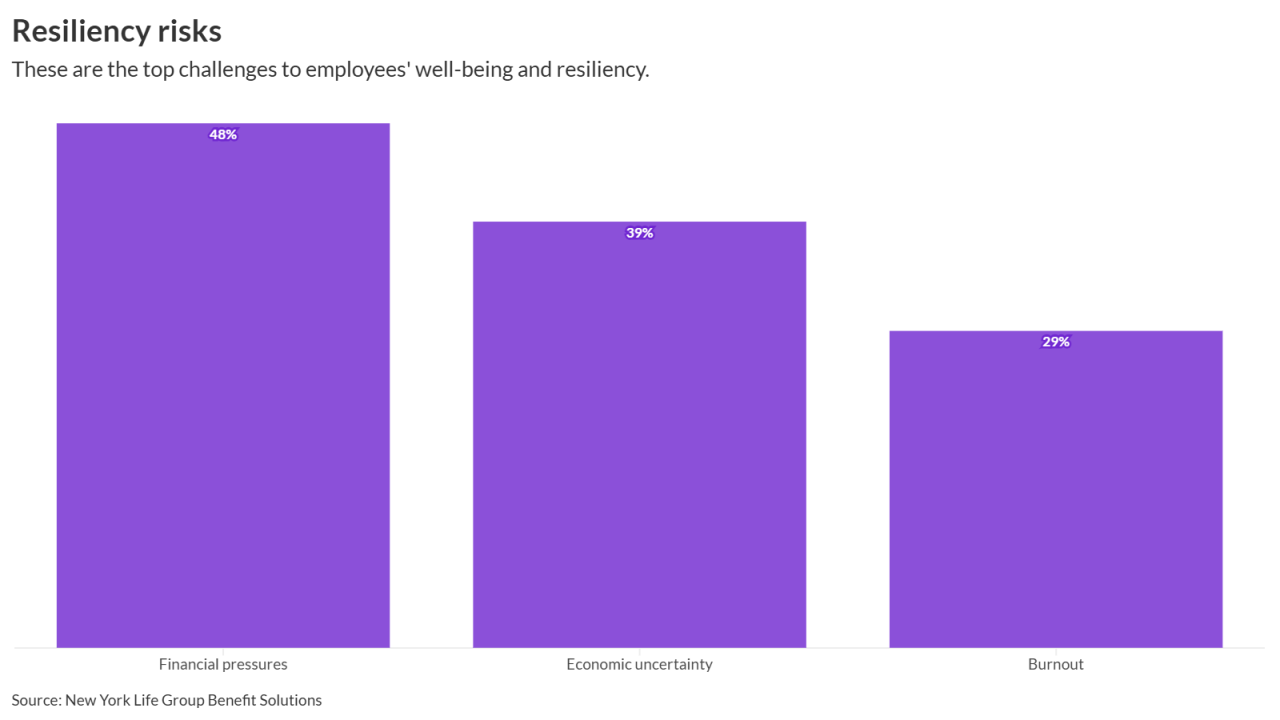The still-under-development federal fiduciary standard for retirement advisers has many in the industry genuinely concerned about their ability to continue to serve both employers and individual American savers.
Will, as some are now presuming, the new government regulations make it illegal for advisers to be involved in any transactions which include variable compensation meaning that they would effectively be prohibited from offering advice on standard transactions including 401(k) rollovers?
Its a tangible fear that set the tone for this years National Association of Plan Advisors 401(k) Summit in San Diego this week, with news that the organization will spearhead a campaign to illustrate the threats the presumed legislation poses to the industry and to retirement savers themselves.
Also see:
Brian Graff, executive director and CEO of NAPA, says that the retirement business has at long last come onto Washingtons radar, but the increased scrutiny is exposing a series of long-standing biases against retirement advisers that he fears will ultimately make it difficult for them to provide assistance to employees who need it the most.
Theres plenty of confusion on these regulations, but NAPA has long embraced any rule that puts participants best interests first, he says. Our concern is the unintended consequences of the rules that will have a detrimental impact on participants.
Over the course of repeated meetings with DOL and other regulators still formulating the much-discussed fiduciary rules, Graff says hes gotten a clear impression that legislators would like to prohibit advisers from receiving variable compensation when plan participants opt to move their retirement savings out of a 401(k) and roll them over into an IRA or another vehicle. Final language on the fiduciary rules is expected by the end of May.
Also see:
Theres some presumption that offering a product with different fees means that advisers are incapable of acting in a clients best interest, which is a huge issue for the broker-dealer community, Graff adds. About 50% of plans dont allow for systematic withdrawals, and retirees will need that, and rollovers are a reality of necessity so who better than the plan adviser who they know and trust to help with that?
In addition to its ongoing lobbying efforts and meetings with regulators, NAPAs membership has opted to get a jump on the still-evolving fiduciary rules by launching a new public awareness campaign to illustrate the bind advisers will face if they are prohibited from offering additional product options and rollover assistance.
Also see:
NAPA and its newly rebranded umbrella organization, the American Retirement Association, have also opted to move up the dates of their annual D.C. Fly-In Forum advocacy campaign, inviting members to travel to meet with legislators July 21-22.
Graff says recent Gallup polls suggest that retirement security has become the top concern for many Americans, even more than health care and other personal finance issues.




